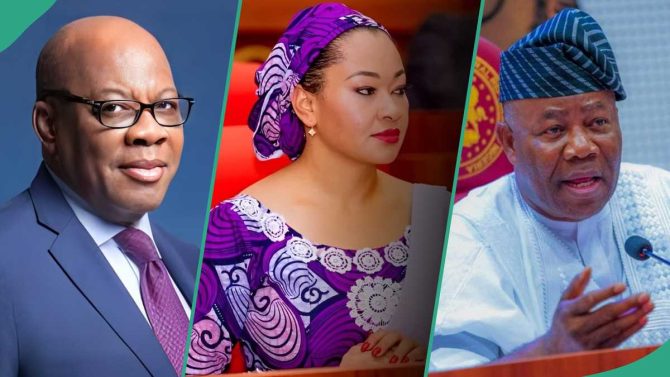Ogun state government reopens churches and mosques

Few members sit to worship in an almost empty auditorium of the Methodist Church of Trinity, Tinubu in compliance to government restriction on social gatherings in Lagos, on March 22, 2020. - Nigeria, the most populated country in Africa, on March 21, 2020 tightened restrictions in three states on places of worship, airports and bars to try and protect its population against the new COVID-19 coronavirus. In Lagos state, Abuja and Ogun, churches, mosques, social gatherings, football viewing centres and night clubs must restrict attendance to 50 people, according to new regulations drawn up by the Presidential Task Force on COVID-19 coronavirus. (Photo by PIUS UTOMI EKPEI / AFP) (Photo by PIUS UTOMI EKPEI/AFP via Getty Images)







